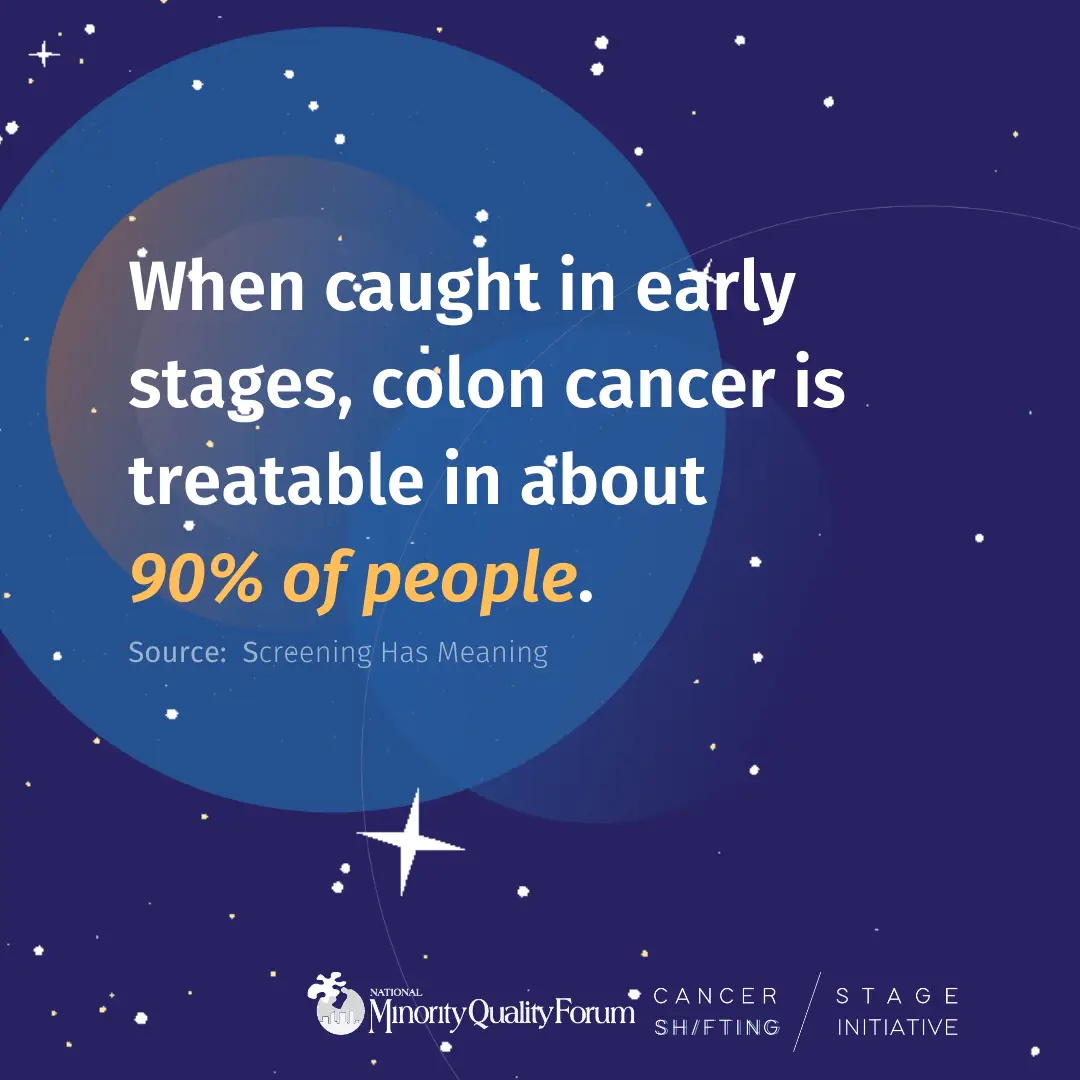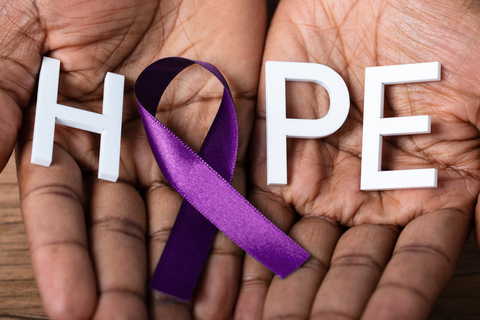Cancer
Cancer and Black History in the United States
Cancer continues to exact a disproportionate toll on Black Americans decades after the civil rights era reshaped the nation’s social landscape, med...
- Jessica Wilson
NMQF’s Role in Helping Flint Reclaim Its Health Future
In recent years, an urgent public health narrative has emerged in Flint, Michigan, where long-standing environmental and healthcare inequities have...
- Jessica Wilson
Cervical Health Awareness in Communities of Color Highlights Persistent Cancer Disparities
New research and public health data show that cervical cancer, once widely considered a preventable disease, continues to exact a disproportionate ...
- Jessica Wilson
The Hidden Geography of Cancer: Why Minority Communities Face Higher Burdens and How We’re Changing the Equation
Cancer inequity is structural—and I learned that long before I ever heard someone’s story in a doctor’s office. If there is one lesson I’ve learned...
- Subash Kafle
Environmental Justice on Display: xAI Supercomputer Operation Sparks Clean Air Act Concerns in Memphis
In Memphis, Tennessee, a growing conflict between rapid technological expansion and long-standing environmental justice concerns has come to a head...
- Victor Mejia
Lung Cancer Hits Native American Communities Harder — and the Reasons Run Deep
Lung cancer remains the leading cause of cancer death in the United States, but for many Native American and Alaska Native (NA/AN) communities, the...
- Jessica Wilson
Trending Topics
Features
- Drive Toolkit
Download and distribute powerful vaccination QI resources for your community.
- Health Champions
Sign up now to support health equity and sustainable health outcomes in your community.
- Cancer Early Detection
MCED tests use a simple blood draw to screen for many kinds of cancer at once.
- PR
FYHN is a bridge connecting health information providers to BIPOC communities in a trusted environment.
- Medicare
Discover an honest look at our Medicare system.
- Alliance for Representative Clinical Trials
ARC was launched to create a network of community clinicians to diversify and bring clinical trials to communities of color and other communities that have been underrepresented.
- Reducing Patient Risk
The single most important purpose of our healthcare system is to reduce patient risk for an acute event.



















